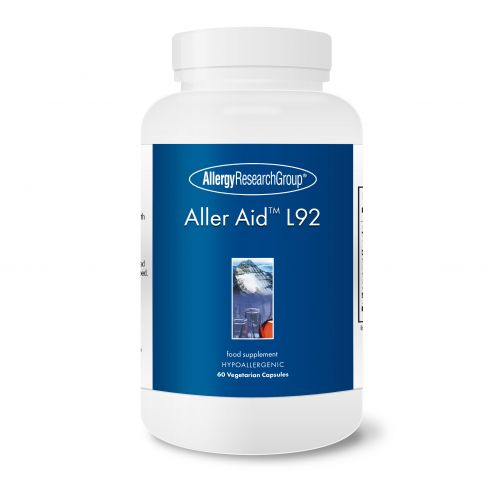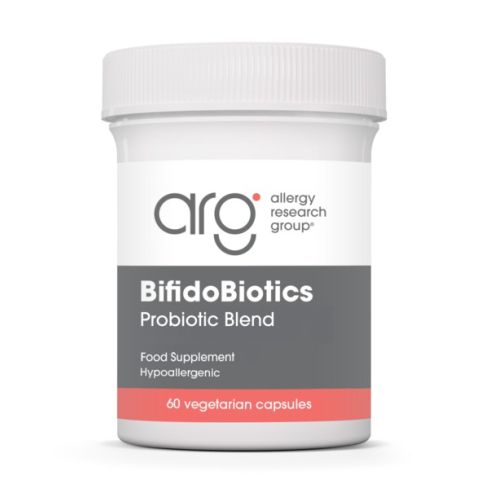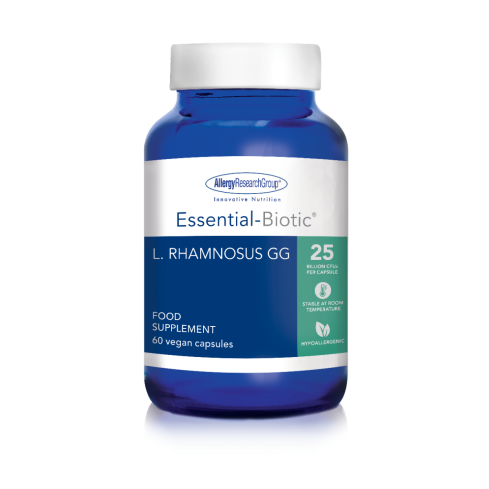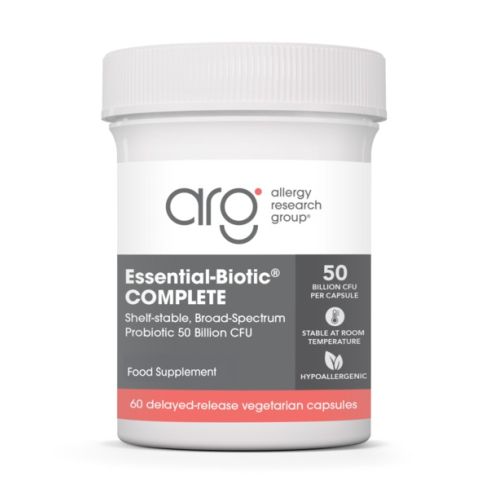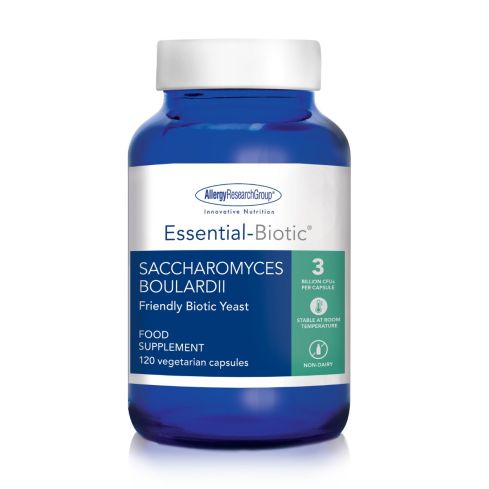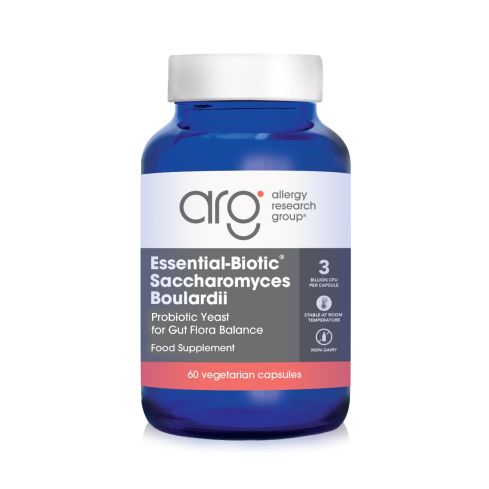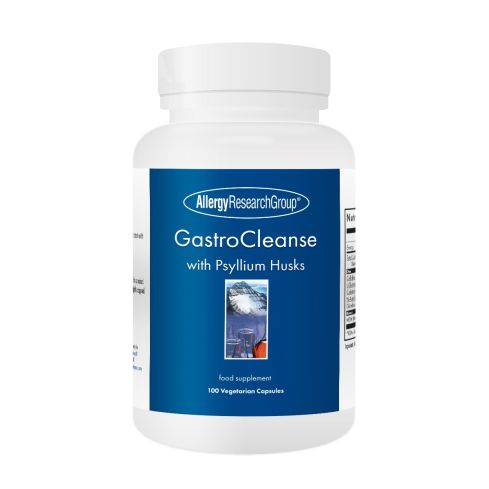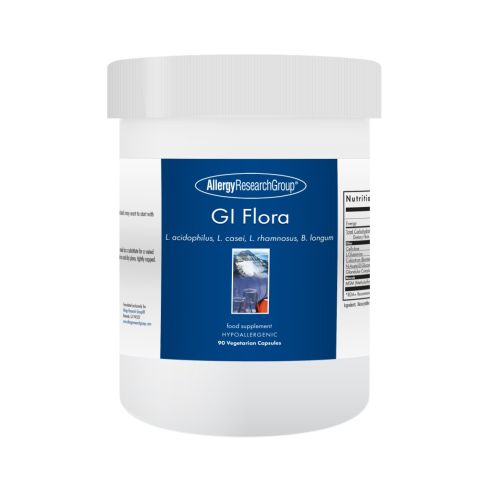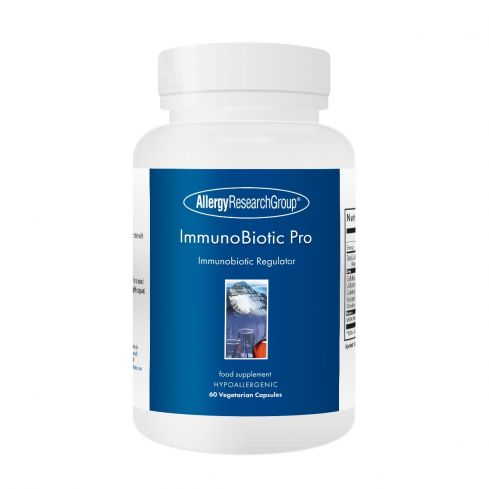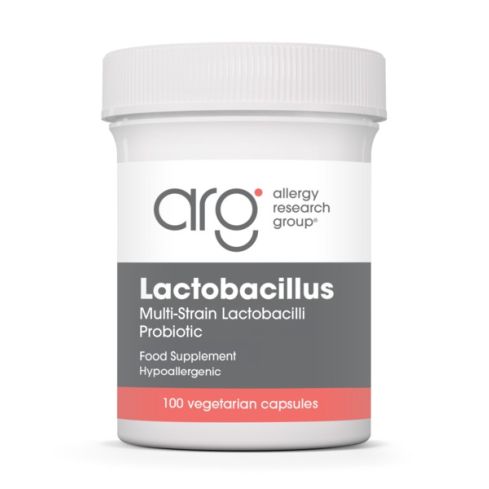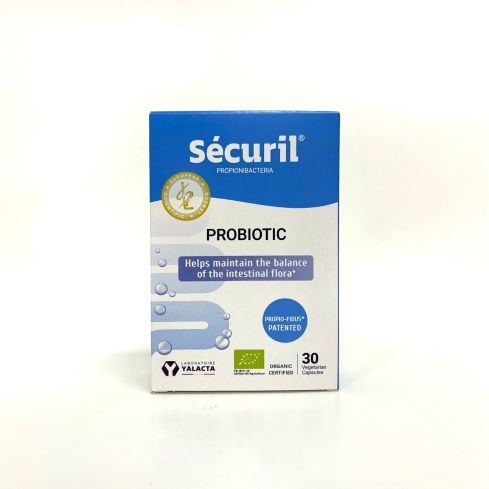- Home
- Products
- Conditions
- Probiotics Support
Probiotics Support
Probiotics are beneficial bacteria (sometimes referred to as “friendly germs”) that help to maintain the health of the intestinal tract and aid in digestion. They also help keep potentially harmful organisms in the gut (harmful bacteria and yeasts) under control. Most probiotics come from food sources, especially cultured milk products. Probiotics can be consumed as capsules, tablets, beverages, powders, yogurts and other foods.
Probiotics are:
Live microorganisms which when administered in adequate amounts confer a health benefit on the host. FAO/World Health Organisation (2001)
Probiotics should not be confused with prebiotics. Prebiotics are complex sugars (such as lactulose, lactitol, a variety of fructo-oligosaccharides and inulin) that are used as fuel by the healthful bacteria to stimulate their growth and activity while suppressing the growth and activity of harmful organisms. Other foods that support probiotic activity include Japanese miso, tempeh, kefir, raw milk, kombucha, bananas, garlic and onions. When prebiotics and probiotics are combined in one product, it is called a synbiotic.
Probiotics work by colonising the small intestine and crowding out disease-causing organisms, thereby restoring proper balance to the intestinal flora. They compete with harmful organisms for nutrients and may also produce substances that inhibit growth of harmful organisms in the gut.
Probiotic bacteria have been found to stimulate the body’s immune system. They may also aid in several gastrointestinal illnesses such as inflammatory bowel diseases, antibiotic-related diarrhoea, Clostridium difficile toxin-induced colitis, infectious diarrhoea, hepatic encephalopathy, irritable bowel syndrome and allergy.
Probiotics have been found to enhance the digestion and absorption of proteins, fats, calcium and phosphorus. They may help overcome lactose intolerance. Finally they may help restore healthful bacteria after a course of antibiotic therapy has altered the normal gastrointestinal flora.
Nomenclature
Probiotic bacteria are very strain dependent, not species dependent. A strain is a type of a bacterial species, similar as to the example below:
- Bacterial group = German car = lactic acid bacteria
- Bacterial genus = Volkswagen = Lactobacillus
- Bacterial species = VW Golf = Lactobacillus acidophilus
- Bacterial strain = VW Golf 1.4 D = Lb. acidophilus LC1
Everybody knows that a Volkswagen Golf 1.4 D has other characteristics than a Volkswagen Golf 2.0i turbo, but you can’t see the difference on the outside.
The same is true for bacteria; they all look the same, but the biological characteristics (‘the engine’) are different. Hence, claims on health effects of a certain probiotic are only valid for that specific strain, not species.
Why should I take a Probiotic Supplement?
Maintaining a healthy gut is essential for overall wellness, and probiotics supplements can help support a balanced gut microbiome. Nutri-Link offers a wide range of probiotic support products to help you achieve optimal gut health.
The human body is home to trillions of bacteria, both good and bad. Probiotic supplements like acidophilus are designed to introduce helpful bacteria into your digestive system. By providing beneficial bacteria to the gut via dietary supplementation, we can help maintain a healthy balance and support immune system functioning.
At Nutri-Link, we understand the importance of gut health, and we are committed to providing high-quality probiotic supplements that are safe, effective, and affordable. Our probiotic supplements are made from the finest ingredients and are free from harmful additives and preservatives. If you are looking for probiotic support products to help improve your gut health, look no further than Nutri-Link. Browse our selection today and take the first step towards a healthier gut.
References
- Costalos C, Skouteri V, Gounaris A, et al. Enteral feeding of premature infants with Saccharomyces boulardii. Early Hum.Dev. 2003;74(2):89-96. View Abstract.
- Hatakka K, Martio J, Korpela M, et al. Effects of probiotic therapy on the activity and activation of mild rheumatoid arthritis–a pilot study. Scand.J.Rheumatol. 2003;32(4):211-215. View Abstract.
- Kajander K, Hatakka K, Poussa T, et al. A probiotic mixture alleviates symptoms in irritable bowel syndrome patients: a controlled 6-month intervention. Aliment Pharmacol Ther. 2005 Sep 1;22(5):387-94. View Abstract.
- Rautava S, Kalliomak, M, Isolauri E. Probiotics during pregnancy and breast-feeding might confer immunomodulatory protection against atopic disease in the infant. J.Allergy Clin.Immunol. 2002;109(1):119-121. View Abstract.
- Szajewska H, Mrukowicz J. Meta-analysis: non-pathogenic yeast Saccharomyces boulardii in the prevention of antibiotic-associated diarrhoea. Aliment Pharmacol Ther. 2005 Sep 1;22(5):365-72. View Abstract.
- Tursi A, Brandimarte G, Giorgetti GM, et al. Effect of Lactobacillus casei supplementation on the effectiveness and tolerability of a new second-line 10-day quadruple therapy after failure of a first attempt to cure Helicobacter pylori infection. Med.Sci.Monit. 2004;10(12):CR662-CR666. View Abstract.
- 2 items
- 6 items
- 3 items
- 1 item
- 9 items
- 1 item
- 2 items
- 2 items
- 5 items
- 5 items
- 12 items
- 8 items
- 4 items
- 4 items
- 8 items
- 8 items
- 4 items


